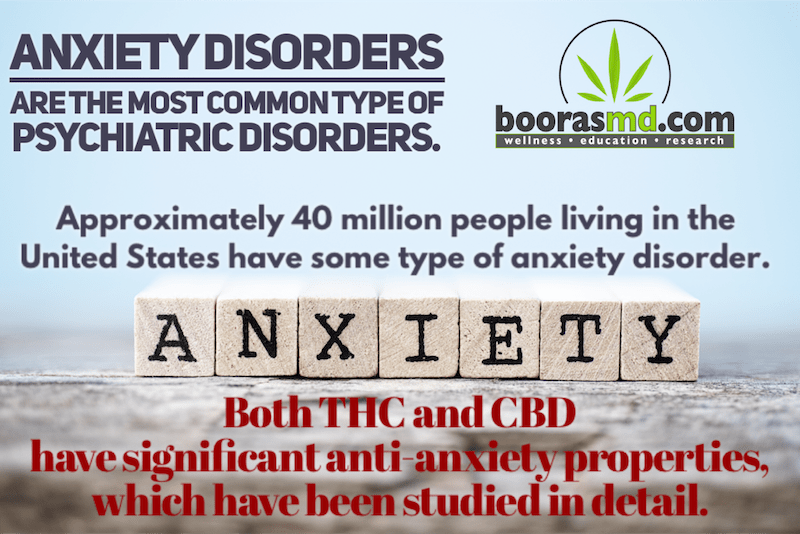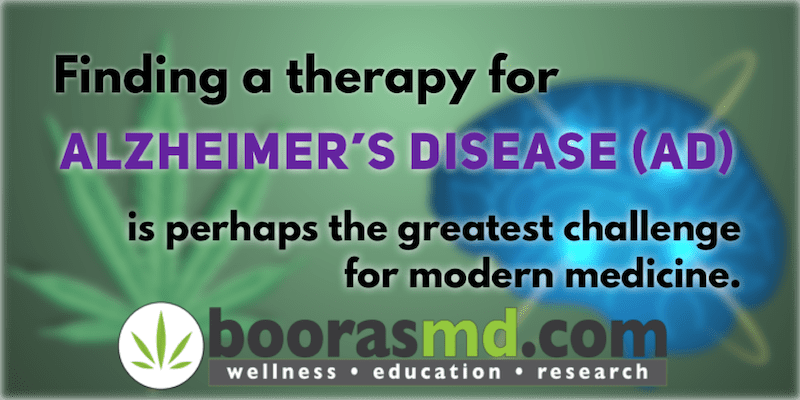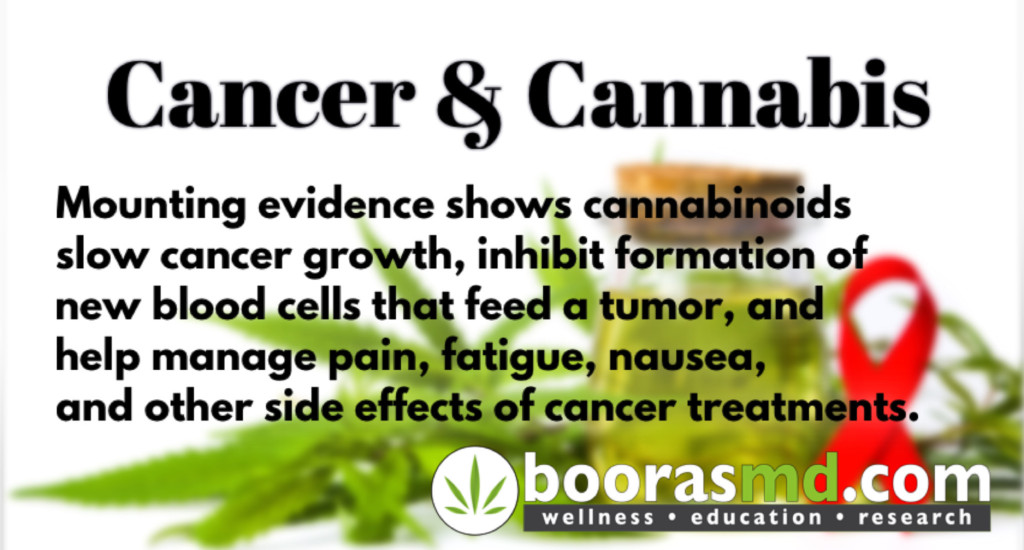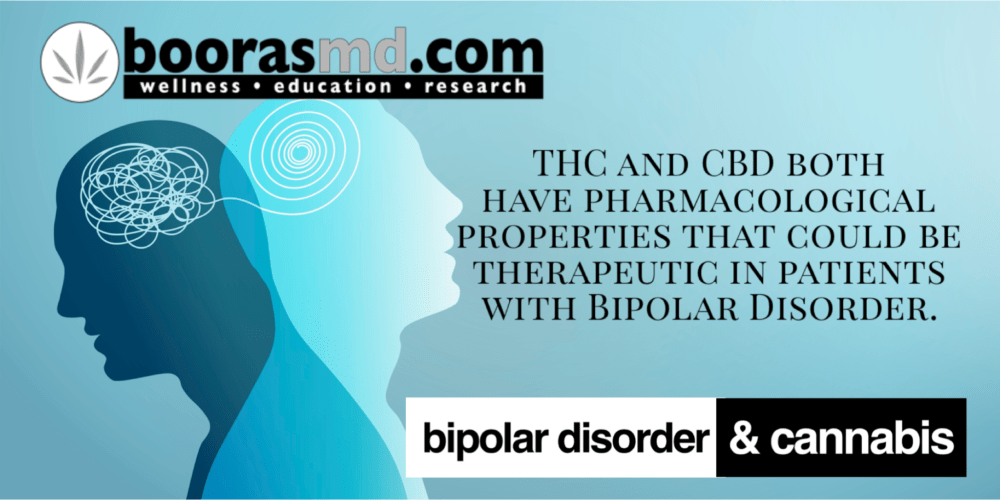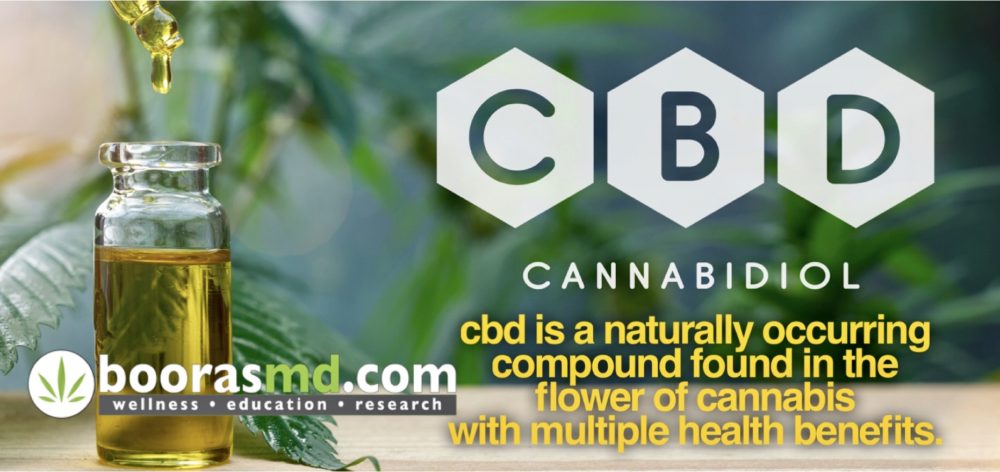Anxiety and Medical Marijuana (Cannabis)
Anxiety and Medical Marijuana (Cannabis)
Summary: Anxiety disorders are one of the most common reasons people come in the get certified for Medical Cannabis. Anxiety disorders are a collection of mental health conditions characterized by disproportionate worrying about future events. This brings about physiological responses in the body such as tightness in the chest, shortness of breath, muscle tension, sleep disturbance, excessive sweating, agitation, restlessness, irritability, and difficulty concentrating. Approximately 40 million people living in the United States have some type of anxiety disorder.
This includes Generalized Anxiety Disorder (GAD) when excessive anxiety is felt about a wide range of situations or issues; Social Anxiety Disorder (SAD) – the fear of being negatively judged or rejected in social situations; Panic Disorder – sudden feelings of terror resulting in panic attacks; Obsessive Compulsive Disorder (OCD) – unwelcome repetitive thoughts and behavior; Phobias – an extreme fear triggered by a situation or object; and Post-Traumatic Stress Disorder(PTSD) – terrifying remembrances (flashbacks) that develop after a traumatic event.
Both THC and CBD have significant anti-anxiety properties, which have been studied in detail. British psychiatrist, Dr Rebecca Moore writes, “I’ve seen some amazingly wonderful results. People who’ve had lifelong anxiety, who are doing all the right things in terms of their diet, their exercise, their supplements, but still have a fairly crippling anxiety, and within a couple of months they don’t have any anxiety at all and can’t quite believe what’s happened to themselves”.(1)
Conventional treatment:
-
- Talking therapies, such as cognitive behavioral therapy(CBT).
- Antidepressants. Multiple antidepressants have anti-anxiety properties, even in people who are not depressed. They work by helping to prolong the action of chemicals in the brain called neurotransmitters, but they do not increase the production of these neurotransmitters. They also commonly have bothersome side effects.
- Benzodiazepines. This includes medications such as Xanax, Klonopin, Valium and Ativan. These are helpful for short-term use and to rapidly establish control of Panic Attacks. Chronic use past 6 weeks can result in tolerance, escalation, withdrawal and addiction.
- BuSpar (Buspirone). A non-sedating medication unrelated to benzodiazepines.
- Anticonvulsants. Such as Lyrica and Neurontin.
Medical Cannabis: Chronic stress has been shown to impair function of the Endocannabinoid System (ECS), which helps keep our body in a state of balance (homeostasis).(2) Studies have shown that stress triggers a deficiency in Anandamide, the main Endocannabinoid produced internally in all organisms that contain a spinal cord. This Clinical Endocannabinoid Deficiency Syndrome (CEDS) is felt to be the cause of multiple emotional and physical health disorders. https://boorasmd.com/education/articles/clinical-endocannabinoid-deficiency/
Activating CB1 receptors in the brain and central nervous system has been found to calm feelings of anxiety, which explains why consuming cannabis tends to reduce anxiety.
Enhanced signaling between CB1 receptors and the THC-like endocannabinoid, Anandamide in the amygdala, an area of the brain key to processing fear, has been shown to help mice forget frightening experiences. That’s something of clinical interest for the treatment of anxiety disorders where frightening events of the past become indelibly marked in a patient’s memory, fueling future feelings of anxiety.
However, chronic stress itself can eventually impair our endocannabinoid system. Prolonged exposure to stress downregulates CB1 receptor signaling in brain regions involved in emotional processing. With weakened endocannabinoid signaling, we are more vulnerable to developing anxiety and depression. Indeed, one study showed a clear inverse relationship between anandamide levels and anxiety severity in women with major depression. Basically, the more anandamide deficient we are, the more anxious we may become.
Dramatic results can be seen in people with Post Traumatic Stress Disorder (PTSD). Psychiatrist Dr. Rebecca Moore writes, “I think particularly with trauma memories, it’s so interesting the way it seems to impact on people’s recollection of their memory. People talk about feeling like their trauma memories are being deleted. And then I’ve had lots of people say they actually then start to remember positive memories, which they weren’t able to access before.” Extinguishing flashbacks is the ultimate goal of PTSD treatment.
References:
- https://www.projectcbd.org/cannabis-cbd-anxiety
- https://pubmed.ncbi.nlm.nih.gov/19710634/
- https://www.ncbi.nlm.nih.gov/pmc/articles/PMC5576607/
- https://pubmed.ncbi.nlm.nih.gov/26585799/
- https://pubmed.ncbi.nlm.nih.gov/22729452/
- https://pubmed.ncbi.nlm.nih.gov/28061971/
Written by Charlie Booras, MD on 8/20/20
Updated on July 7, 2022

